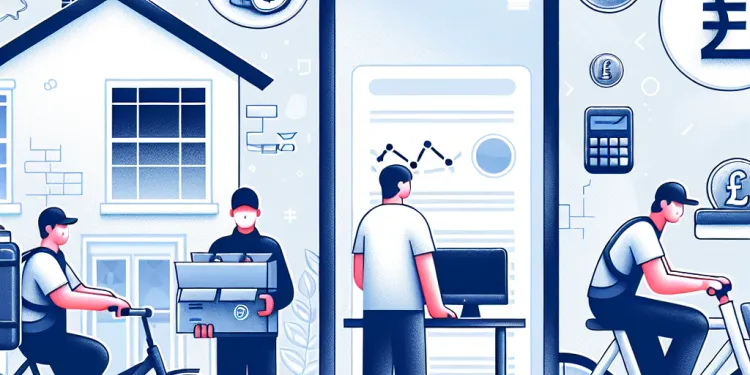
Find Help
More Items From Ergsy search
-
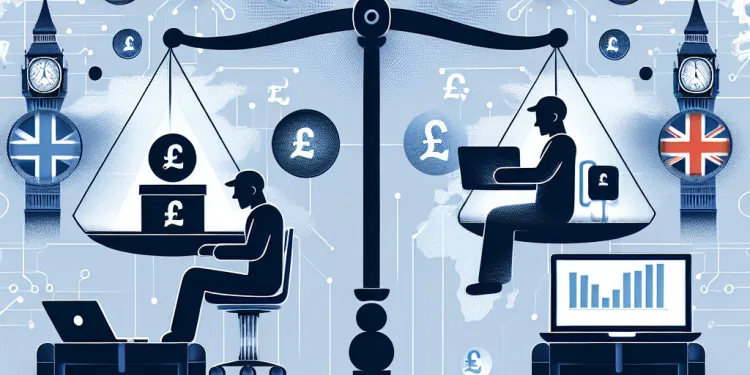
Are gig workers entitled to workers' compensation?
Relevance: 100%
-
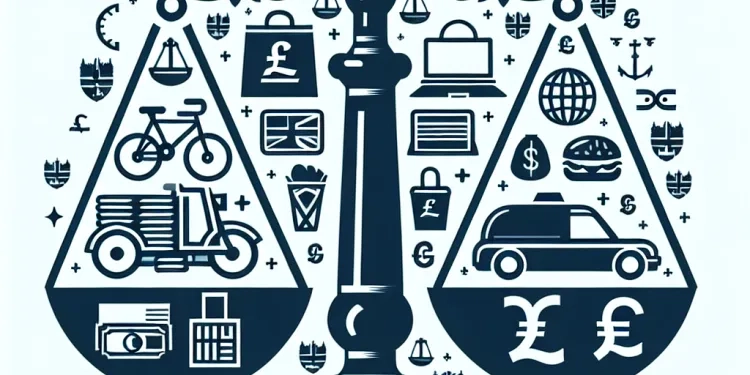
What are my rights as a Gig Worker?
Relevance: 95%
-
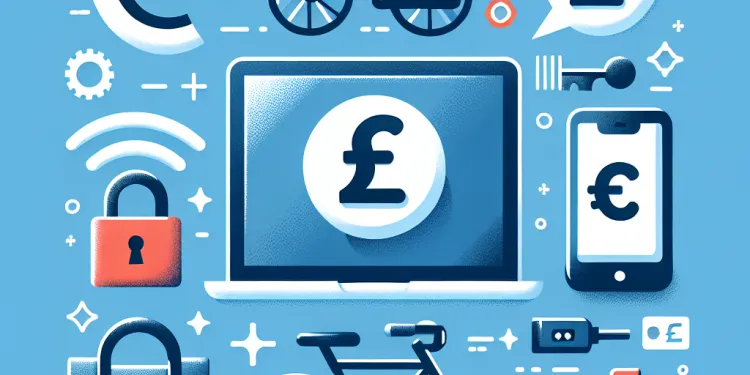
Is job security a right for gig workers?
Relevance: 94%
-
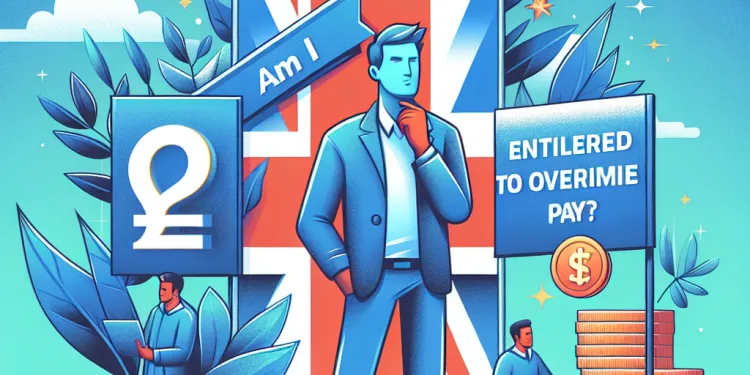
Am I entitled to overtime pay as a gig worker?
Relevance: 94%
-

Are gig workers protected against wrongful termination?
Relevance: 92%
-
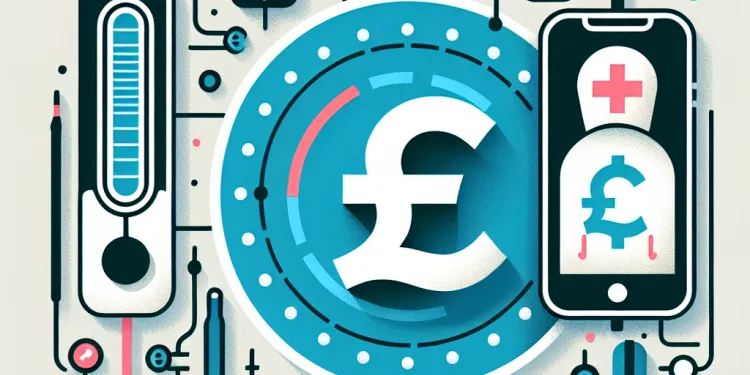
Are gig workers entitled to sick leave?
Relevance: 92%
-
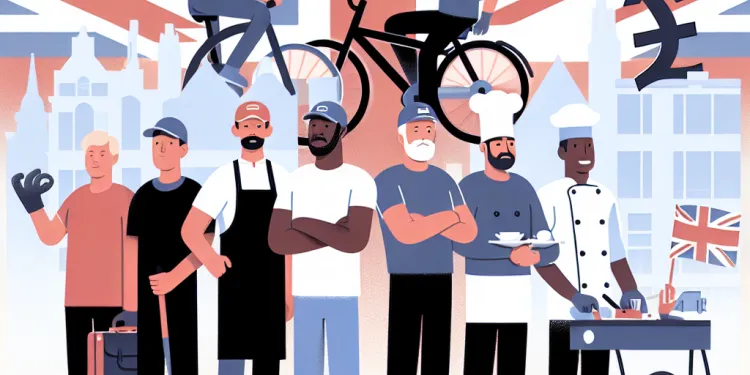
Do gig workers have the right to unionize?
Relevance: 91%
-

Do gig workers qualify for retirement benefits?
Relevance: 90%
-
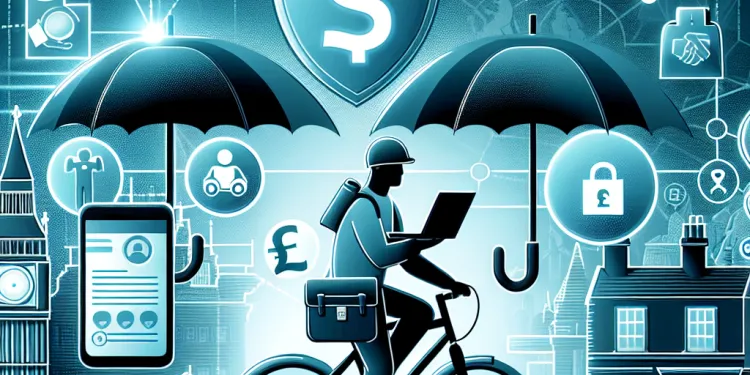
Do gig workers have access to unemployment benefits?
Relevance: 90%
-

Do gig workers have the right to a minimum wage?
Relevance: 90%
-
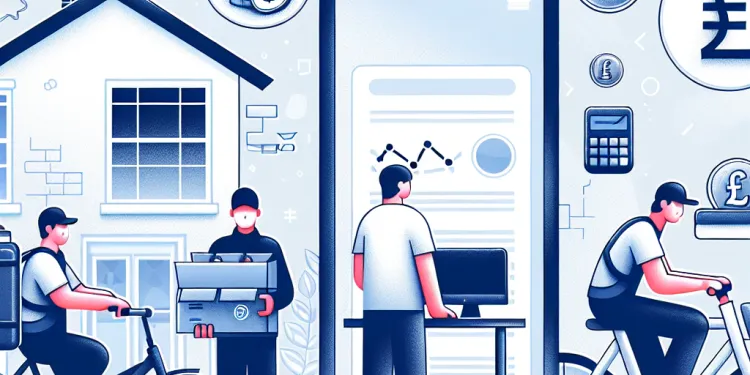
Am I considered an employee if I am a gig worker?
Relevance: 87%
-

Employment Tribunal Cases Surge Amidst Gig Economy Debate
Relevance: 87%
-
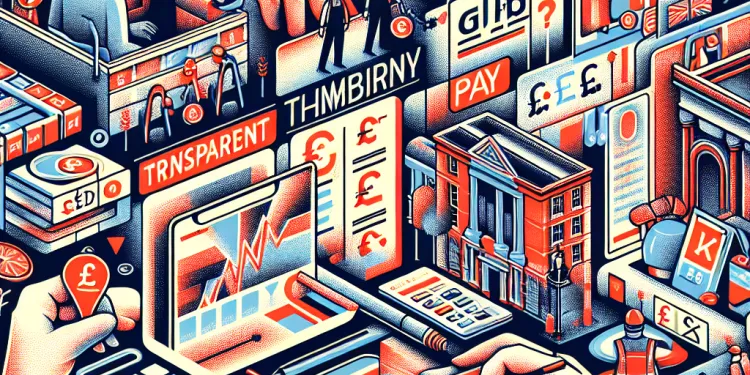
Do gig workers have the right to transparency in pay and fees?
Relevance: 85%
-

Can I receive health benefits as a gig worker?
Relevance: 85%
-
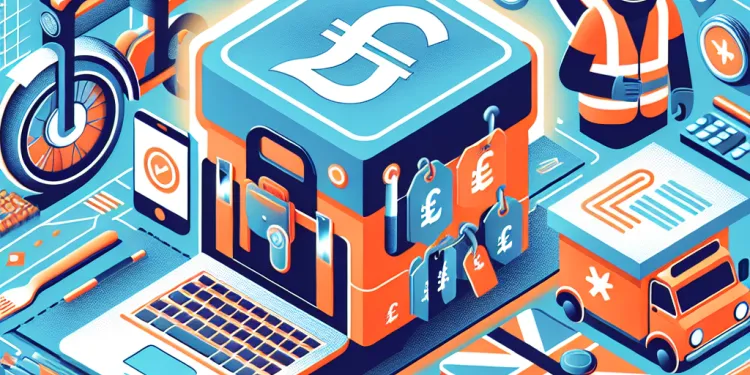
What are my rights regarding workplace safety as a gig worker?
Relevance: 83%
-
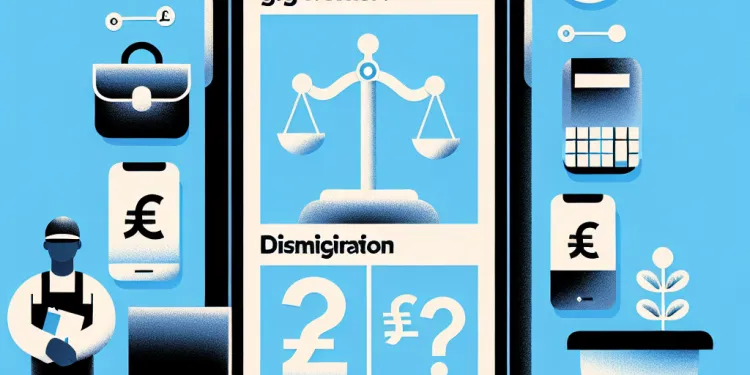
What can I do if I face discrimination as a gig worker?
Relevance: 82%
-
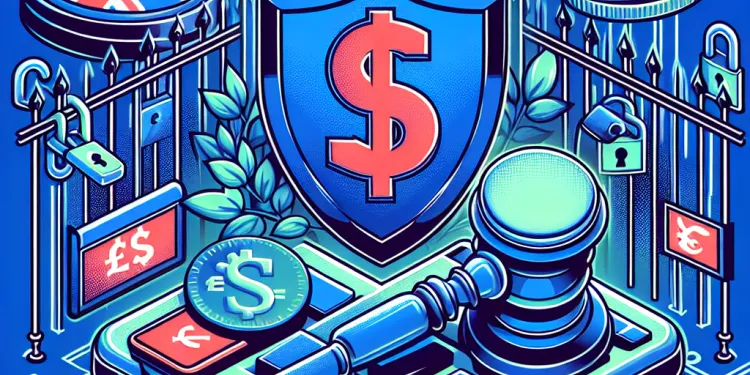
Do gig workers have intellectual property rights over their work?
Relevance: 80%
-
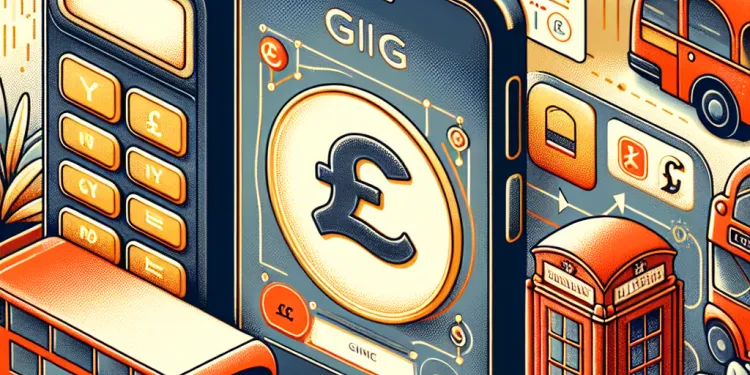
Can I claim expenses as a gig worker?
Relevance: 75%
-
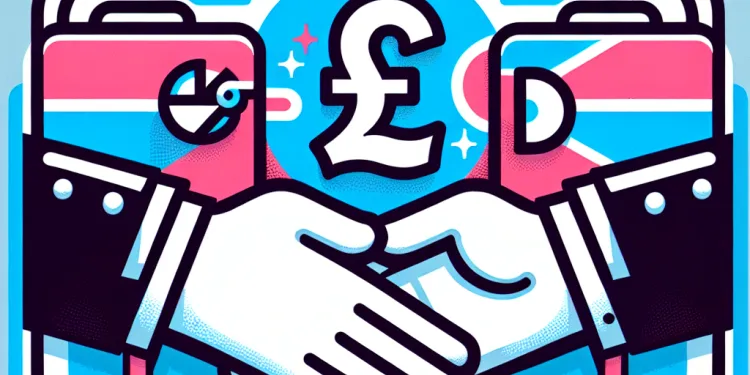
How can I address payment disputes as a gig worker?
Relevance: 61%
-
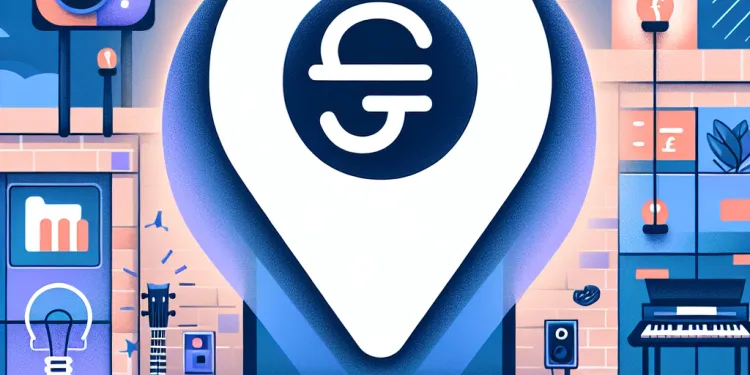
Can a gig platform deactivate my account without reason?
Relevance: 53%
-

Lone Workers
Relevance: 51%
-

Are employers legally required to pay the National Living Wage?
Relevance: 44%
-

Is certification necessary for primary care support workers?
Relevance: 43%
-

Are zero-hour contract workers entitled to the National Living Wage?
Relevance: 43%
-
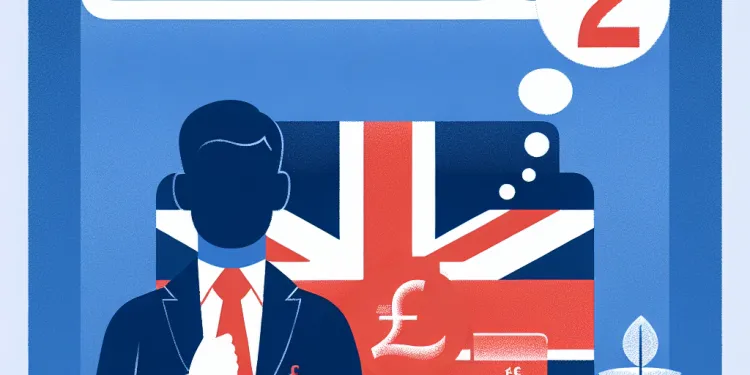
What happens if an employer pays below the National Living Wage?
Relevance: 41%
-
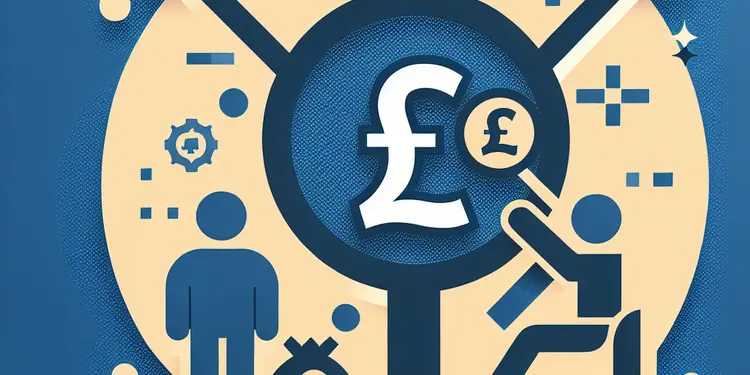
Can primary care support workers access mental health support?
Relevance: 40%
-

Are part-time employees entitled to bereavement leave?
Relevance: 37%
-
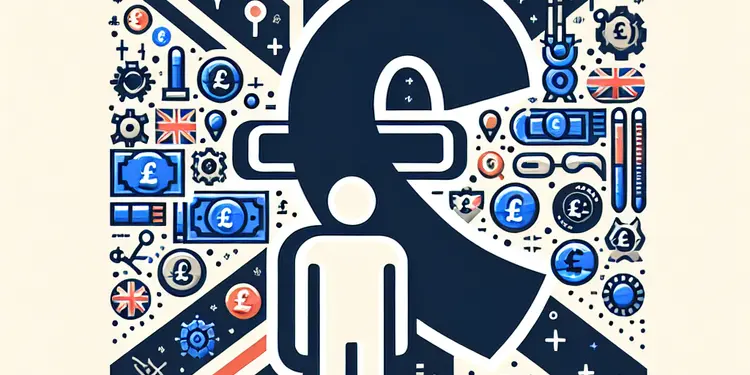
Can support workers participate in decision-making processes?
Relevance: 37%
-

What healthcare policies should support workers be aware of?
Relevance: 36%
-

What help is available to primary care support workers?
Relevance: 36%
-

What types of training are available for primary care support workers?
Relevance: 35%
-

Is mentorship available for primary care support workers?
Relevance: 34%
-

How can a Social Prescribing Link Worker help you? #MeetYourGPTeam
Relevance: 34%
-

Should health care workers get the meningitis vaccine?
Relevance: 33%
-
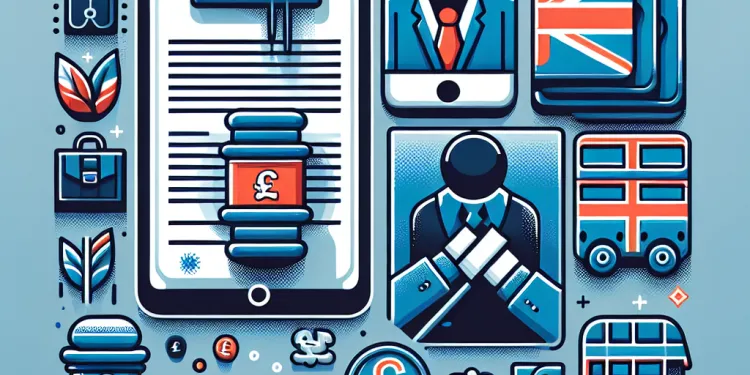
Does the HMRC Employer Bulletin cover changes in employment law?
Relevance: 33%
-

Are there academic courses for aspiring primary care support workers?
Relevance: 33%
-

How should employers manage the emotional impact of redundancy on employees?
Relevance: 33%
-

Can my employer access my medical records without my consent?
Relevance: 32%
-

How can I advance my career as a primary care support worker?
Relevance: 32%
-
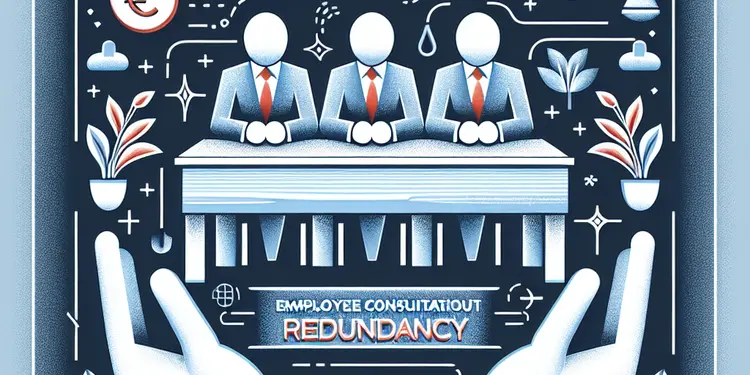
How should companies consult employees about redundancy?
Relevance: 32%
Understanding Employment Status for Gig Workers in the UK
In recent years, the gig economy has grown rapidly, offering flexible work options to a significant portion of the UK workforce. Gig workers often take on short-term, freelance, or contract-based tasks through digital platforms. However, this raises the question of whether gig workers are considered employees under UK law. Understanding the distinction between different types of employment status is essential for gig workers to know their rights and obligations.
Employment Status Categories
In the UK, there are three primary categories of employment status: employee, worker, and self-employed. The classification affects rights and responsibilities, including entitlement to minimum wage, holiday pay, and protection against unfair dismissal.
An employee has a formal employment contract and benefits from a wide range of employment rights, including statutory sick pay, parental leave, and redundancy pay. A worker has a more casual working relationship but is still entitled to certain rights, such as the national minimum wage and paid holidays. A self-employed person runs their own business and is not entitled to employee or worker rights but has full autonomy over their work.
Gig Workers: Employee or Self-Employed?
Gig workers often find themselves in a gray area between being an employee and being self-employed. Typically, many gig workers are classified as self-employed. This means they have autonomy over their work, choosing when, where, and how to complete their tasks.
However, the relationship between gig workers and the platforms they work for can sometimes resemble an employer-employee relationship. For instance, if a platform exerts significant control over a gig worker's schedule or work process, or if the worker must accept tasks without the ability to negotiate terms.
Legal Developments and Court Cases
Several high-profile court cases in the UK have challenged the classification of gig workers. In February 2021, the UK Supreme Court ruled that Uber drivers were workers, not self-employed contractors. This landmark decision highlighted factors such as control and integration into the business as crucial considerations for determining employment status.
This ruling has broader implications for other gig economy companies and has prompted them to re-evaluate how they classify their workers. Gig workers should stay informed about legal developments as they may impact their rights and working conditions.
Conclusion
Whether a gig worker is considered an employee, worker, or self-employed in the UK depends on various factors, including the nature of the relationship with the platform and the degree of control exercised by the platform. Gig workers should be aware of their rights under the current legal framework and seek advice if uncertain about their employment status.
Understanding Work Status for Gig Workers in the UK
Lots of people in the UK now do gig work. This is work you do for short times or on your own, often using apps and websites. But are these gig workers like normal workers? Are they employees? Knowing what type of worker you are helps you understand your rights and what you need to do.
Types of Work Status
In the UK, there are three main types of work status: employee, worker, and self-employed. This choice affects what rights you have, like getting paid for holidays or having job protection.
An employee has a proper job contract and gets many rights, like sick pay and time off for family. A worker has fewer rights but still gets basic things like minimum wage and holiday pay. A self-employed person has their own business, so they don’t get employee rights but can decide how they work.
Gig Workers: Employee or Self-Employed?
Gig workers might not know if they are like employees or self-employed people. Most gig workers are seen as self-employed. This means they choose how and when to work.
But sometimes, gig work looks more like a regular job. If a company tells a gig worker when to work or how to do their job, it might mean something different about their work status.
Changes in Law and Court Cases
Some big court cases in the UK have looked at gig worker status. In February 2021, the UK Supreme Court said Uber drivers are like workers, not like self-employed people. This happened because of how much control Uber had over the drivers.
This decision might change how other gig companies think about their workers. Gig workers should watch the news for changes that might affect them.
Conclusion
Knowing if you are an employee, worker, or self-employed in the UK depends on how you and the app or company work together. Gig workers should know their rights and ask for help if they are unsure about their status.
Frequently Asked Questions
Useful Links
This website offers general information and is not a substitute for professional advice.
Always seek guidance from qualified professionals.
If you have any medical concerns or need urgent help, contact a healthcare professional or emergency services immediately.
- Ergsy carfully checks the information in the videos we provide here.
- Videos shown by Youtube after a video has completed, have NOT been reviewed by ERGSY.
- To view, click the arrow in centre of video.
- Most of the videos you find here will have subtitles and/or closed captions available.
- You may need to turn these on, and choose your preferred language.
- Go to the video you'd like to watch.
- If closed captions (CC) are available, settings will be visible on the bottom right of the video player.
- To turn on Captions, click settings .
- To turn off Captions, click settings again.
More Items From Ergsy search
-

Are gig workers entitled to workers' compensation?
Relevance: 100%
-

What are my rights as a Gig Worker?
Relevance: 95%
-

Is job security a right for gig workers?
Relevance: 94%
-

Am I entitled to overtime pay as a gig worker?
Relevance: 94%
-

Are gig workers protected against wrongful termination?
Relevance: 92%
-

Are gig workers entitled to sick leave?
Relevance: 92%
-

Do gig workers have the right to unionize?
Relevance: 91%
-

Do gig workers qualify for retirement benefits?
Relevance: 90%
-

Do gig workers have access to unemployment benefits?
Relevance: 90%
-

Do gig workers have the right to a minimum wage?
Relevance: 90%
-

Am I considered an employee if I am a gig worker?
Relevance: 87%
-

Employment Tribunal Cases Surge Amidst Gig Economy Debate
Relevance: 87%
-

Do gig workers have the right to transparency in pay and fees?
Relevance: 85%
-

Can I receive health benefits as a gig worker?
Relevance: 85%
-

What are my rights regarding workplace safety as a gig worker?
Relevance: 83%
-

What can I do if I face discrimination as a gig worker?
Relevance: 82%
-

Do gig workers have intellectual property rights over their work?
Relevance: 80%
-

Can I claim expenses as a gig worker?
Relevance: 75%
-

How can I address payment disputes as a gig worker?
Relevance: 61%
-

Can a gig platform deactivate my account without reason?
Relevance: 53%
-

Lone Workers
Relevance: 51%
-

Are employers legally required to pay the National Living Wage?
Relevance: 44%
-

Is certification necessary for primary care support workers?
Relevance: 43%
-

Are zero-hour contract workers entitled to the National Living Wage?
Relevance: 43%
-

What happens if an employer pays below the National Living Wage?
Relevance: 41%
-

Can primary care support workers access mental health support?
Relevance: 40%
-

Are part-time employees entitled to bereavement leave?
Relevance: 37%
-

Can support workers participate in decision-making processes?
Relevance: 37%
-

What healthcare policies should support workers be aware of?
Relevance: 36%
-

What help is available to primary care support workers?
Relevance: 36%
-

What types of training are available for primary care support workers?
Relevance: 35%
-

Is mentorship available for primary care support workers?
Relevance: 34%
-

How can a Social Prescribing Link Worker help you? #MeetYourGPTeam
Relevance: 34%
-

Should health care workers get the meningitis vaccine?
Relevance: 33%
-

Does the HMRC Employer Bulletin cover changes in employment law?
Relevance: 33%
-

Are there academic courses for aspiring primary care support workers?
Relevance: 33%
-

How should employers manage the emotional impact of redundancy on employees?
Relevance: 33%
-

Can my employer access my medical records without my consent?
Relevance: 32%
-

How can I advance my career as a primary care support worker?
Relevance: 32%
-

How should companies consult employees about redundancy?
Relevance: 32%


